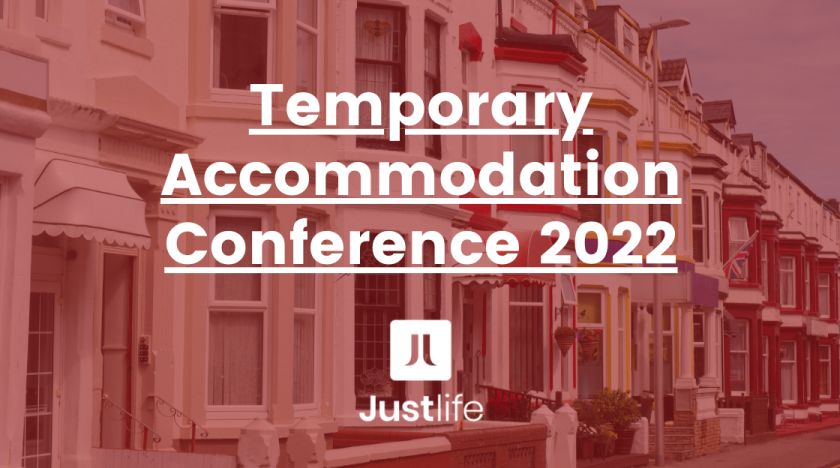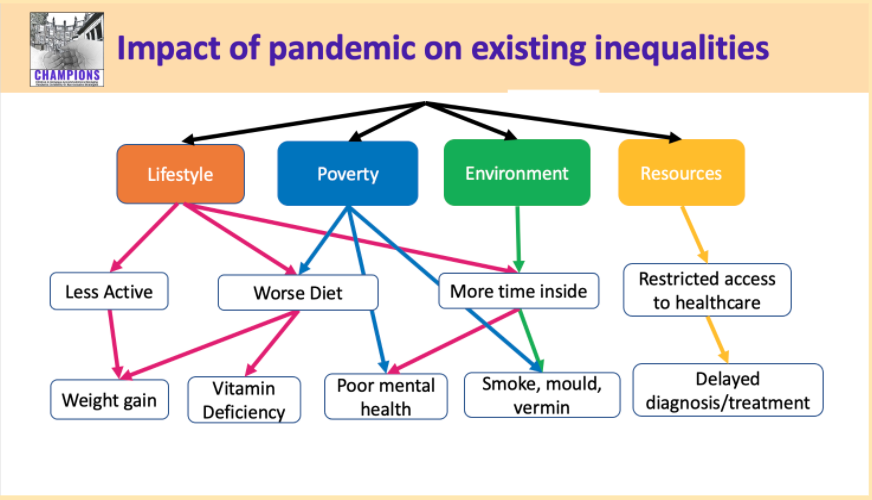Having listened to such excellent and revealing research, the conference then turned to discussing how we can make that evidence count and turn it into action. In part 2 of the Temporary Accommodation conference, we split into 4 break-out groups to discuss different vehicles for driving change and how they can be used to provide a link between research and action, whether that is procedural, political or structural. The vehicles discussed were Temporary Accommodation Action Groups (TAAGs), the newly formed All Party Parliamentary Group on Households in TA, the Temporary Accommodation Network, and a fourth group looked at other mechanisms for driving change. Below is a quick summary of the discussion points.
TAAGs: Starting by reflecting on the need to be patient and accept that progress takes a lot of time, this group mentioned that while the pace of change can be frustrating, it is encouraging to keep track of what has been achieved through TAAGs; for example, the Temporary Accommodation Standards Charter took time to develop, but it has almost fully been adopted by the local authority in Brighton. They also noted the importance of getting the right balance of stakeholders around the table at the right time, and not to rely on one organisation to drive the TAAG forward, but to develop the platform collaboratively.
APPG:This group discussed the use of APPGs as a platform to share and gain knowledge: giving researchers opportunities to present their insight to MPs, their staff, and policymakers, and giving MPs and other stakeholders opportunities to hear directly from the researchers and experts. They also discussed the importance of sharing accountability between national and local institutions rather than pinning it on one or the other, and how an APPG can bring together national and local voices to drive change collectively.
TA network: This group highlighted that one of the functions of the TA Network is to shine a light on what is a black hole within the homelessness world - something that is well known within the sector but isn’t often seen beyond that. They spoke about the value of surveys as tools for gathering useful data on what the barriers are within TA, how long people are living there, and what their direct experiences are, with mention of an upcoming national survey on TA by Shelter.
Open discussion: Beginning with a reminder that much of what was shared earlier around the lack of standards in TA is largely unknown to the general public, the final group discussed how we enforce standards within TA, acknowledging that while at times it can feel like there is a lack of enforcement, it’s important to recognise the complexity of the current system and how organisations have their hands tied on how far they can push private landlords.








